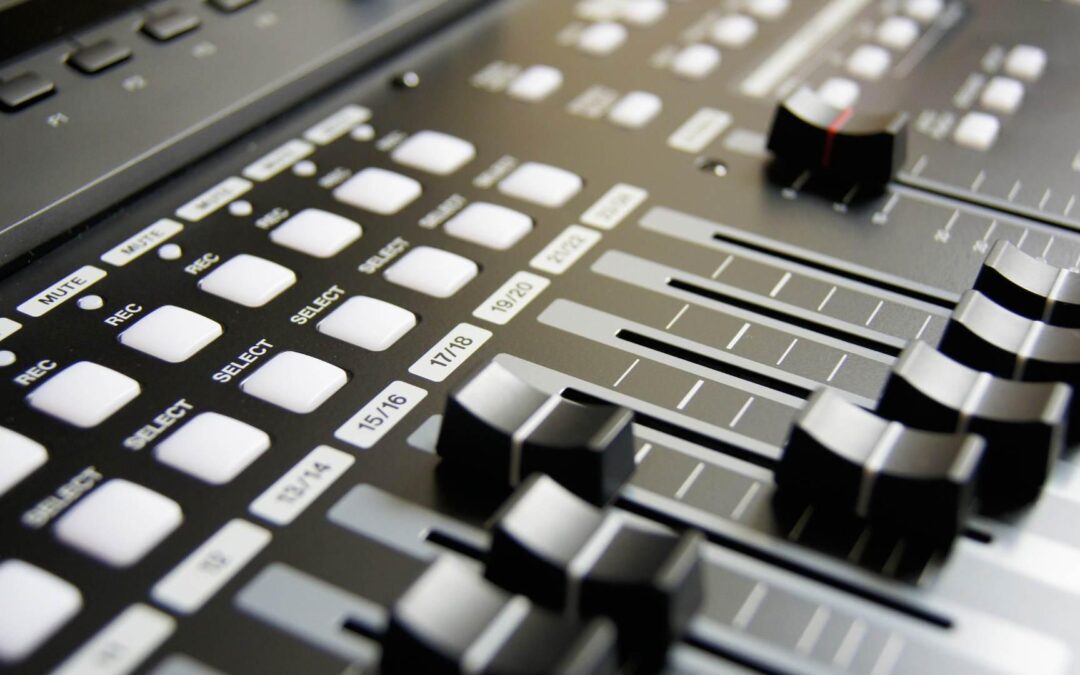Understanding music theory is essential for any aspiring composer. It serves as the foundation upon which all musical knowledge is built, offering the tools and language necessary to create compelling and harmonious compositions. Whether you’re composing for a symphony, a pop song, or visual media, a solid grasp of music theory can significantly enhance your creative process and output. Here’s how understanding music theory can elevate your compositional skills.
1. Building a Strong Foundation
Music theory provides the fundamental principles that govern how music works. By learning scales, chords, intervals, and key signatures, you gain an essential toolkit for creating music. This knowledge allows you to understand why certain notes and chords sound good together and how to structure your compositions effectively. It’s akin to learning the grammar of a language; once you know the rules, you can communicate more clearly and creatively.
2. Enhancing Creativity and Innovation
While some might fear that studying music theory could stifle creativity, it actually does the opposite. Understanding the rules of music allows you to break them in innovative ways. Knowledge of theory gives you a deeper insight into musical structures and conventions, enabling you to experiment with unconventional chord progressions, modulations, and rhythms. This can lead to the creation of unique and original pieces that stand out in the competitive world of music.
3. Improving Communication with Other Musicians
Music theory acts as a universal language among musicians. Whether you’re working with a band, an orchestra, or a solo artist, having a solid grasp of music theory allows you to communicate your ideas more effectively. You can convey complex musical concepts clearly and precisely, making collaboration smoother and more productive. This shared language is especially valuable in professional settings where time is of the essence.

Blog Post
"*" indicates required fields
By submitting this form, I authorize Musicians Institute (MI) to make or allow the placement of calls, emails, and texts to me at the phone number that I have provided, including through the use of automated technology, or a prerecorded or artificial voice. I understand that I am not required to provide my phone number as a condition of purchasing any property, goods, or services. I agree to the terms of MI’s Privacy Policy. MI will not sell or rent your information to third parties, and you may unsubscribe at any time.
4. Facilitating Faster and More Efficient Composition
When you understand music theory, you can compose more quickly and efficiently. Instead of relying solely on trial and error, you can make informed decisions about chord progressions, harmonies, and melodies. This theoretical knowledge speeds up the compositional process, allowing you to focus more on the creative aspects rather than getting bogged down by technical details.
5. Enhancing Emotional Expression
Music theory provides the tools to express a wide range of emotions in your compositions. By understanding how different scales, modes, and harmonies evoke specific feelings, you can craft pieces that resonate more deeply with your audience. For instance, using a minor key might convey sadness or melancholy, while a major key can evoke happiness or triumph. Mastery of these elements enables you to manipulate the emotional impact of your music more effectively.
6. Broadening Your Musical Horizons
Studying music theory exposes you to a vast array of musical styles and genres. This broad knowledge base can inspire you and influence your own compositions. By analyzing the works of great composers and understanding the theoretical principles behind them, you can incorporate diverse elements into your own music. This not only enriches your compositions but also helps you develop a distinctive and versatile style.
7. Supporting Music Composition for Visual Media
In the realm of visual media, such as film, television, and video games, music plays a crucial role in enhancing the narrative and emotional impact. Music theory is particularly important in this field, as it helps composers create scores that align perfectly with visual cues and story arcs. Understanding how to use leitmotifs, themes, and harmonic progressions to support the on-screen action can make your compositions more effective and memorable.
Conclusion
Understanding music theory is indispensable for any serious composer. It provides the foundational knowledge, enhances creativity, improves communication, and facilitates efficient composition. Moreover, it broadens your musical horizons and enhances emotional expression, making your music more impactful. For those looking to specialize in music composition for visual media, mastering music theory is even more critical.
If you’re passionate about taking your compositional skills to the next level, consider enrolling in Musicians Institute’s Music Composition for Visual Media program. This comprehensive course offers in-depth training in music theory and its application in composing for visual media, equipping you with the skills needed to succeed in this dynamic and rewarding field.

